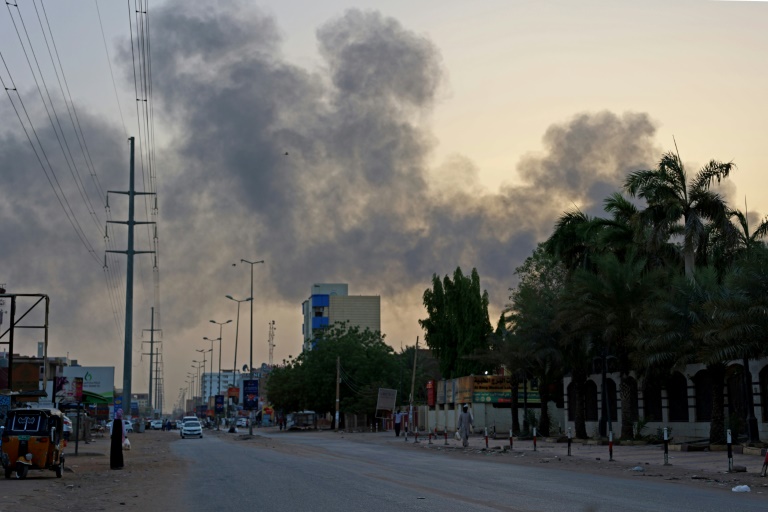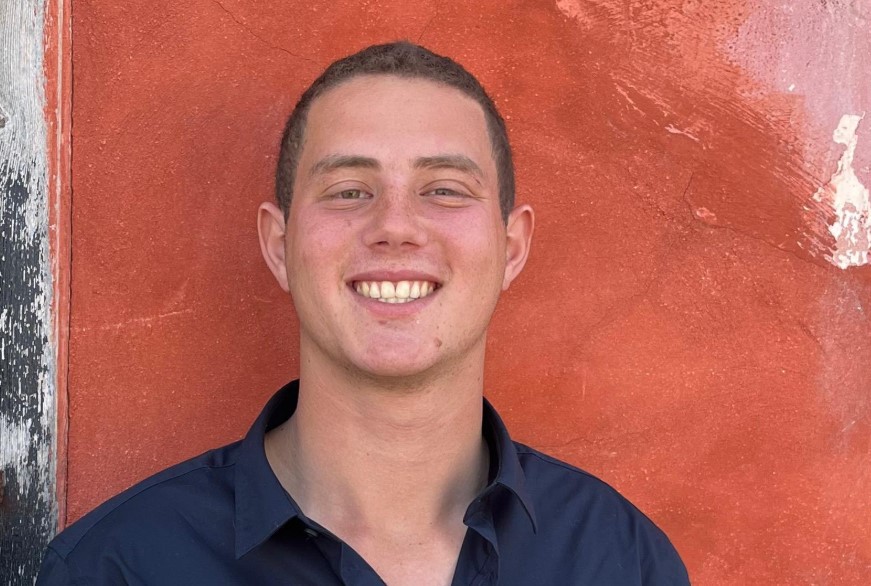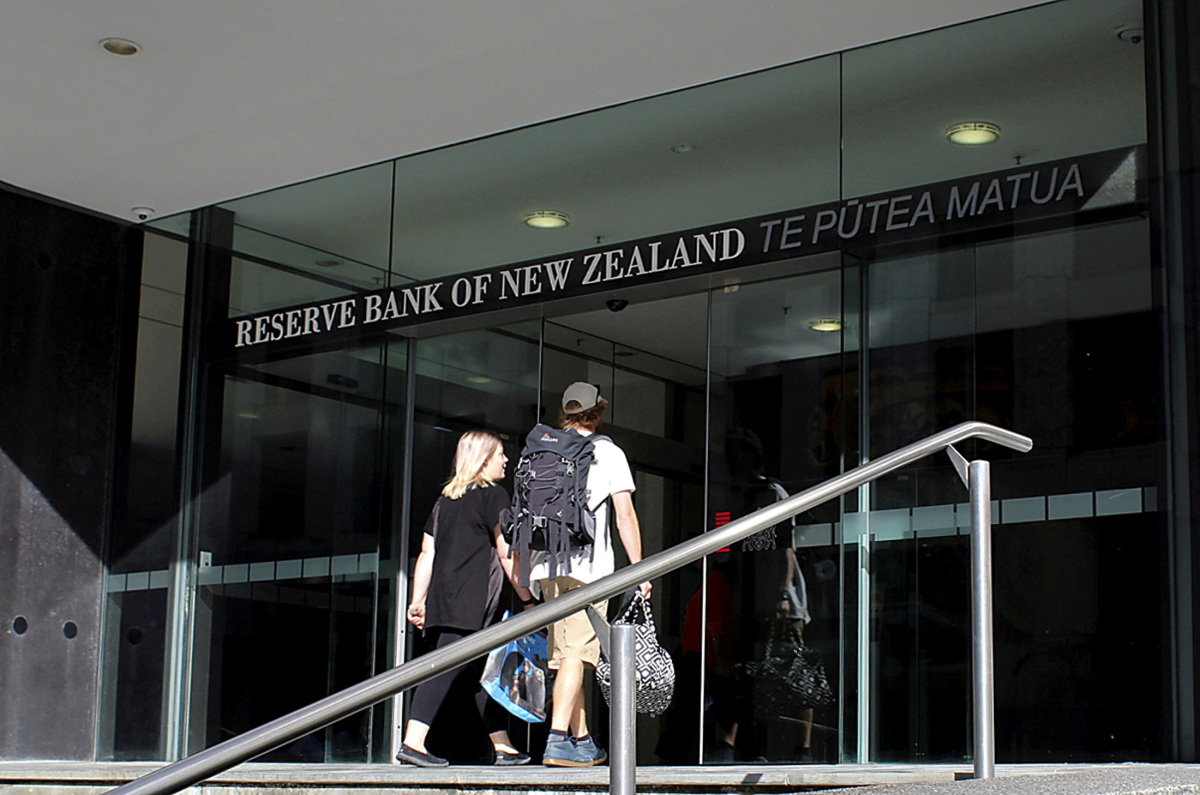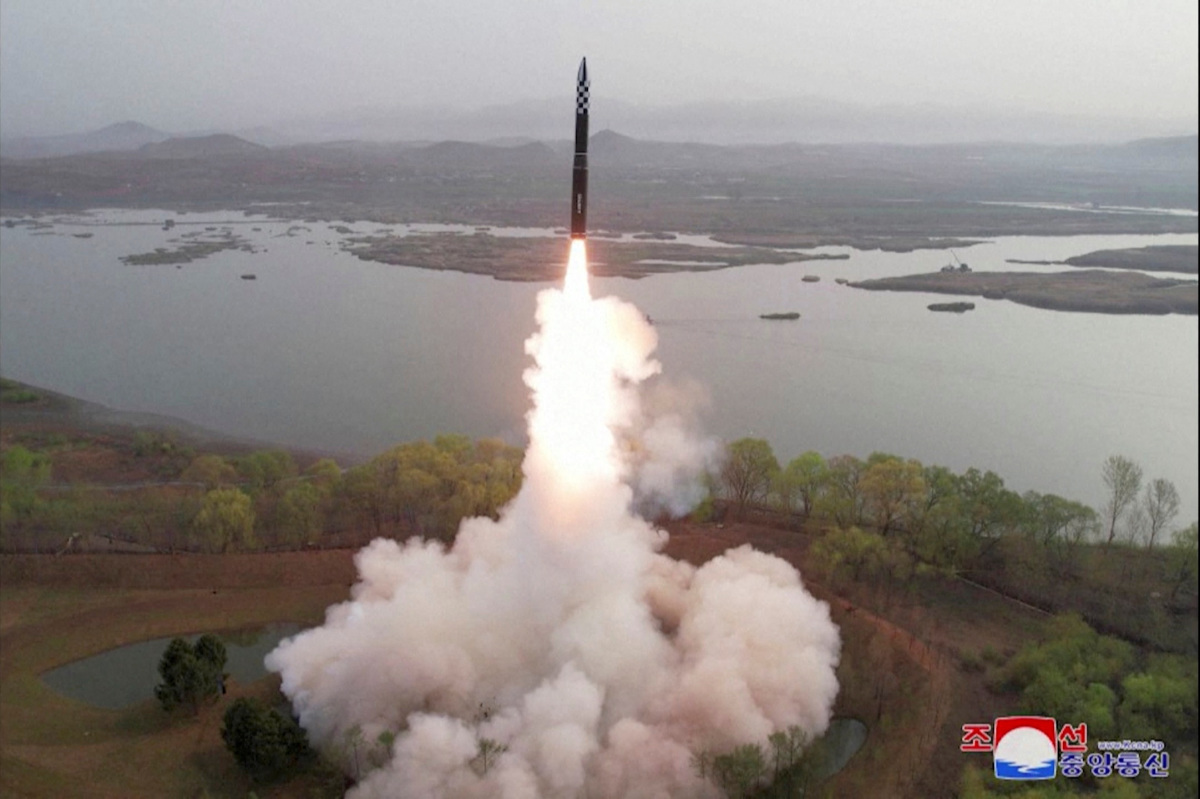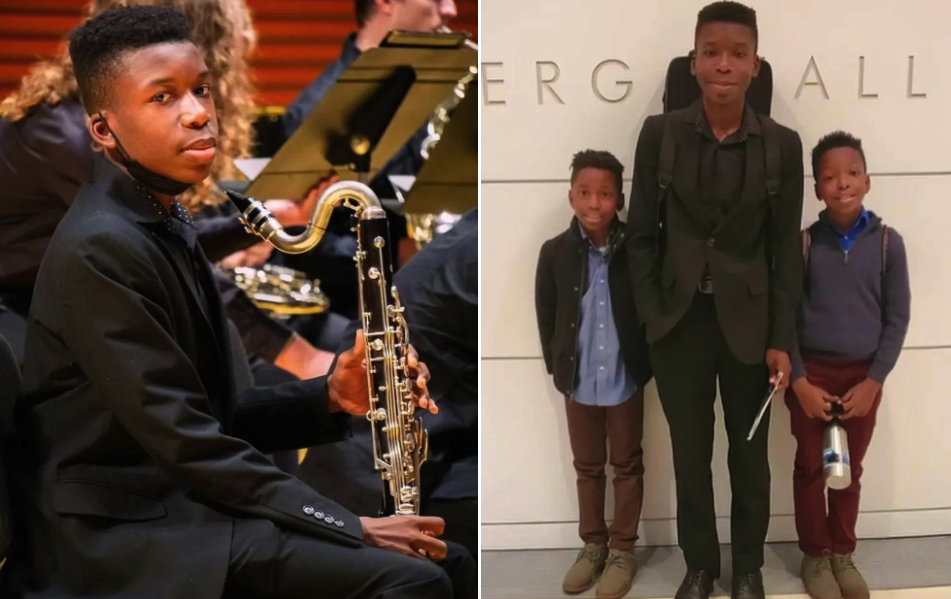AFP
Explosions rocked the Sudanese capital Khartoum Monday as fighting between the regular army and paramilitaries raged for a third day with the death toll rising to nearly 100.
The violence erupted Saturday after weeks of power struggles between Sudan’s army chief Abdel Fattah al-Burhan and his deputy, Mohamed Hamdan Daglo, who commands the powerful paramilitary Rapid Support Forces (RSF).
The raging battles triggered a wide international outcry with appeals for an immediate ceasefire and dialogue.
“The death toll among civilians in clashes since it began on Saturday … has reached 97,” the doctors’ union said in a statement early Monday, noting the figure does not include all casualties as many could not reach hospitals due to difficulties in movement.
It said hundreds of civilians were wounded in the clashes.
Loud gunfire and deafening explosions echoed across the streets of Khartoum Monday morning as clashes continued, according to AFP journalists.
A stench of gunpowder lingered as plumes of thick black smoke emanated from damaged buildings, according to witnesses.
The fighting broke out after bitter disagreements between Burhan and Daglo over the planned integration of the RSF into the regular army — a key condition for a final deal aimed at ending a crisis since the 2021 military coup they orchestrated together.
The coup has already derailed a transition to civilian rule following the 2019 ouster of president Omar al-Bashir and piled on a spiralling economic crisis in Sudan.
The clashes forced Sudanese to hunker down in their homes with fears of a prolonged conflict that could plunge the country into deeper chaos, dashing hopes for return to civilian rule.
Since Saturday, the two sides have traded blame over who started the fighting.
Each has claimed the upper hand by declaring control of key sites, including the airport and the presidential palace but none of their claims could be independently verified.
Fighting also raged in others parts of Sudan including the western Darfur region and in the eastern border state of Kassala.
The Saturday killing of three staff from the World Food Programme in North Darfur clashes prompted the agency to suspend all operations in the impoverished country.
Medics have pleaded for safe corridors for ambulances and a ceasefire to treat the victims because the streets are too dangerous for transporting casualties to hospital.
The RSF was created under Bashir in 2013, emerging from the Janjaweed militia that his government unleashed against non-Arab ethnic minorities in Darfur a decade earlier, drawing accusations of war crimes.
The latest violence sparked by the two generals has reflected the deep-seated divisions between the regular army and the RSF.
Despite the wide calls for a ceasefire, the two generals appeared in no mood for talks.
Burhan, who rose through the ranks under the three-decade rule of now-jailed Bashir, has said the coup was “necessary” to include more factions in politics.
Daglo later called the coup a “mistake” that failed to bring about change and reinvigorated remnants of Bashir’s regime ousted by the army in 2019 following mass protests.

AFP

AFP

